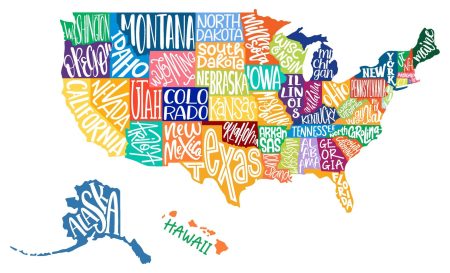“Do you need an invoice for your taxes?” the farmer asked. The buyer grabbed her produce and handed over the cash in a practiced movement, shaking her head no. But the interaction would be different with a local chef buying a cartful of food for a local restaurant. Invoices and even checks often feature prominently at the market, and the farmers may need to cater to such big buyers and what they need. The local farmers’ market is atwitter with interactions, and some got me thinking about how much tax law is at play and what the IRS would say.
Bartering
How about the frequently interaction between vendors, where one farmer trades some of his crop for something else? Apples for corn, pastries for tomatoes or lettuce, and so on. Income is income, whether you get it in cash or in kind. Whether one-on-one or with multiple parties, the IRS says trading one product or service for another is taxable bartering. The IRS taxes it. In fact, you name the swap, it’s income to both sides just like cash. Both are supposed to report the fair market value of goods or services on their tax returns. It may not seem fair, but when you barter, the IRS wants its cut.
It isn’t clear how much bartering goes on or is reported, but that could change with the IRS’s bartering tax center. A video interview explains what forms to file. My guess? Of course, most bartering probably skips the IRS, particularly where it occurs on kind of a small scale like at the farmers’ market. But if you were to swap your Toyota for a Subaru? That’s a sale. So is a trade of bitcoin for Ethereum. It is taxable just as if you traded for cash, and then bought the other item for cash.
Form 1099 Reporting
How will the IRS know about trades or how much cash changes hands? They probably won’t unless you receive a Form 1099. According to IRS Tax Tip 2008-25, you should ask the other party to a trade for one. Of course, the IRS says you must report any income on your tax return regardless of whether you receive a Form 1099. If the barter exchange occurs in employment, there’s employment tax on top of income tax. If you’re the employer, that can mean a penalty for failure to withhold, as failing to pay employment taxes can means personal liability.
Cash Reporting
At the farmers’ market, cash transactions used to be the norm, and cash is still very common. Of course, cash is income. However, cash tax forms are rarely required. You must file IRS Form 8300, if your business receives over $10,000 in cash from one buyer in a single transaction or several related transactions. $10,000 buys a lot of produce, so you’re unlikely to see one. These days, many farmers seem to accept Apple pay, credit and debit cards, etc.
Independent Contractors
Whether to hire employees or independent contractors may seem like a no-brainer. With independent contractors, you don’t have to withhold taxes or pay benefits, and they are easier to fire. But if your independent contractors are reclassified, the IRS can assess retroactive penalties. And there can also be other consequences of reclassifying independent contractors as employees.
Classically, employees go to work at set hours while independent contractors set their own. Employees follow orders, while independent contractors don’t. Employees receive regular paychecks while independent contractors are paid by the job. Employees work year-round, while independent contractors are temporary.
Employers control employee actions, while independent contractors work on their own. Of course, in real life lines blur and classifications are second-guessed. But many workers who work at the farmers’ market are probably treated as independent contractors, not employees.
Hobby Losses
Many farmers are full time in the business, so likely steer clear of this issue. But a few farmers probably have this issue, even if they may think their prize tomatoes are pure business. In this area of intense IRS scrutiny, the IRS issued a new manual to help IRS agents ferret out taxpayers who improperly write off hobbies. The IRS is less likely to question whether you’re engaged in a business if your income exceeds your expenses, suggesting you must have a profit motive.
It helps if you keep good records and hold yourself out as running a business. Even after your tax returns are filed, good records are important. If you eke out a profit three years out of five (or two years out of seven if your activity is horse breeding), the IRS will presume you’re in business to make a profit. That presumption is worth a lot so you won’t have to mud wrestle with the IRS over a fuzzy facts and circumstances test. There’s lots of good produce and other items at the farmers’ market. However you pay, enjoy the great finds and the experience.
Read the full article here










